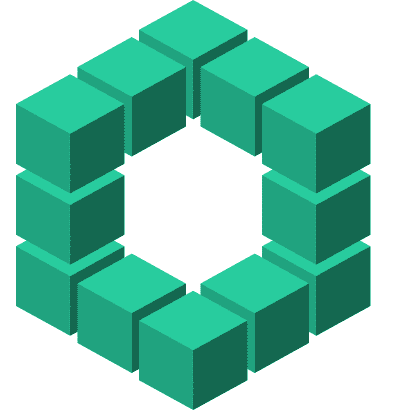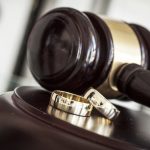Individuals looking for a spine doctor Richboro PA should be aware of what a herniated disk is, and how to tell if they have one. In addition to knowing the symptoms, people need to know the causes and potential treatments for a herniated disk. Performance Pain believes in exploring all non-surgical treatment options before going under the knife. Here we will explore the causes, symptoms, and treatments for a herniated disk.
1. What is a Herniated Disk?
To understand what a herniated disk is, we need to know what the annulus fibrosus is. The annulus fibrosus is a ring-shaped ligament that exists between each vertebra of the spine. Inside the annulus fibrosus is the nucleus pulposus, or what we refer to as the disk. Therefore, when there is a tear or a puncture in the annulus fibrosus and the nucleus pulposus (disk) is pushed out of the annulus fibrosus and into the spinal canal, we have a herniated disk. This also can be called a bulged, slipped, or ruptured disk.

2. What are the Causes of a Herniated Disk?
The main causes of herniated disks are a result of strain. This could be a single excessive strain that occurs when attempting to lift something heavy, or by an awkward movement of the spine during a sporting event. Sometimes, however, herniated disks can occur from minor strains or twisting movements when degeneration has taken place. Degeneration occurs naturally over time as we age and also has shown to be somewhat hereditary. Often herniated disks will occur in many members of the same family over time.
3. What are the Symptoms of a Herniated Disk?
The two main areas herniated disks occur are the lumbar spine and the cervical spine. Symptoms of a herniated disk can vary in degree depending on if the disk is pressing on a nerve. In the lumbar spine, a disk pressing upon a nerve often will result in sciatica pain. This pain will occur in the lower back, as well as in the legs, and will often be accompanied by a burning sensation, tingling, and/or numbness.
In the cervical spine, a similar pain will be felt in the neck or between the shoulder blades. The numbness, tingling, and burning sensation will also radiate down the arms and into the hands and fingers at times. Experiencing these symptoms is often when people start searching for a spine doctor in Richboro PA.
4. What are Some of the Treatments for a Herniated Disk?
Immediately after a herniated disk, the first thing to do is to limit activities for 2-3 days. Take some anti-inflammatory medication and make an appointment with your primary care physician right away. Bedrest is not recommended, and some walking or non-impact activity is vital. Your primary care physician might recommend resting until it heals itself, usually just a few weeks, physical therapy, and/or an epidural steroid injection. Only as a last resort, if all nonsurgical methods do not result in healing and pain reduction, then a consultation for surgery may be in order.

Need to Find a Chronic Pain Specialist?
People in need of a spine doctor in Richboro PA may be experiencing pain due to a herniated disk and should consider seeing us here at Performance Pain. It is important to understand the causes, symptoms, and potential treatments of a herniated disk to be properly prepared for your free consultation with us.





